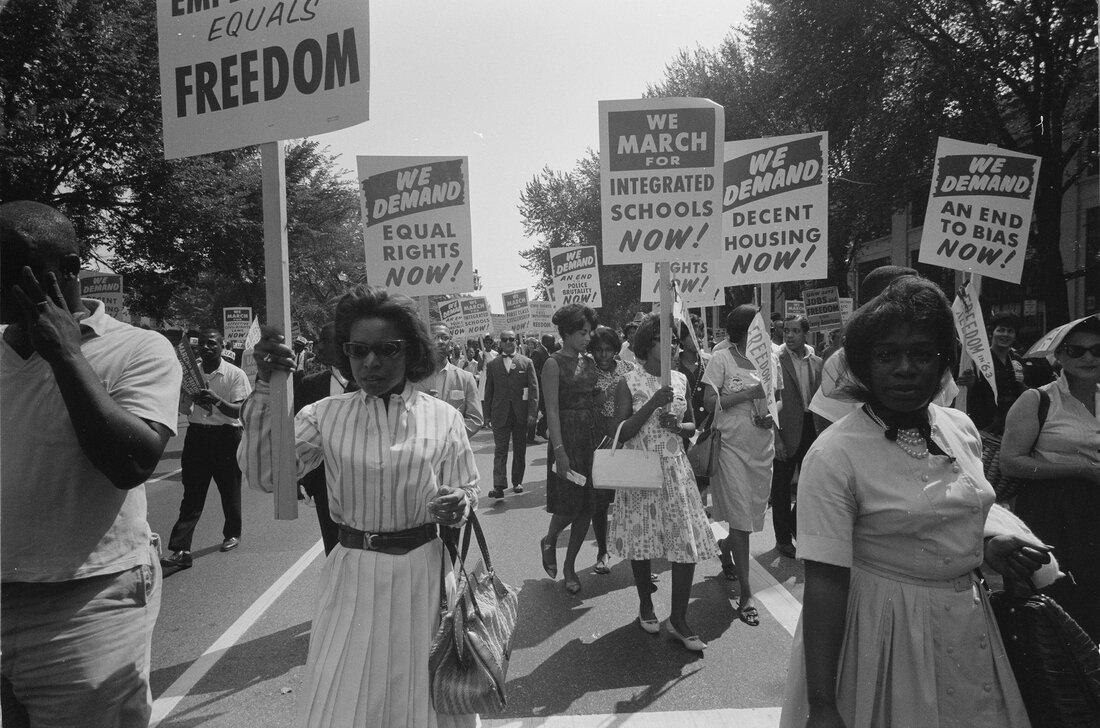AP Black Studies – AADM
Written By Peyton Hayes
This past month, Georgia’s school superintendent Richard Woods chose to withhold state approval for College Board’s Advanced Placement (AP) African American Studies for the upcoming school year and declined to offer the reasoning behind his decision. This is one of many attempts to halt this course’s introduction to schools across the country. Just last year, Florida Governor Ron Desantis banned the course for touching on topics that go beyond what state laws permit. Arkansas and South Carolina have also created obstacles to students taking this course by not allowing state funding to cover costs.
After facing backlash and pressure from Governor Brian Kemp to defend his position on withholding state funding for the course, superintendent Richard Woods has appeared to concede and shared that funding would be provided to districts that use an AP code for an African American Studies course that already exists. The course did not previously qualify for AP credit. State Representative Jasmine Clark criticized Woods and reminded Georgians that the handling of this course does not provide a clear resolution to the question of AP recognition. Due to the uncertainties around this course, Gwinnett County Schools are not offering the class this school year.
Make no mistake, these instances of restricting access to knowledge that covers Black history and sparks change are part of a greater attack on the right to education. Across the country, anti-progress legislators and officials are supporting policy and actions that restrict discussions on topics relating to race and racism in American classrooms. Right wingers, such as Christopher Rufo, have used the term “critical race theory” to reference any conversation that centers on discussing racism and discrimination. Many have convinced their bases that schools are centers of “woke” indoctrination and white hatred, meanwhile teachers and students who advocate for free AP courses to reduce college expenses, such as this one, understand that these conversations around race are necessary and worthwhile if we want to root out oppression from our system.
In Georgia, thirty-three schools took part in the pilot program for AP African American Studies last year, and the course has been frequently revised. To receive funding in the state for the course, state superintendent Richard Woods or the state board of education, which is appointed by the governor, would need to approve the course.
All students across Georgia, and across the country, deserve comprehensive education that addresses real-world issues. AP African American Studies introduces a discussion on inclusion and identity, building the foundation for other conversations regarding discrimination based on gender, sexuality, and religion to begin.
High school students should be allowed the opportunity to receive credit for this college-level course, even if the content creates discomfort for others who are not yet ready to confront persisting issues in our society.




